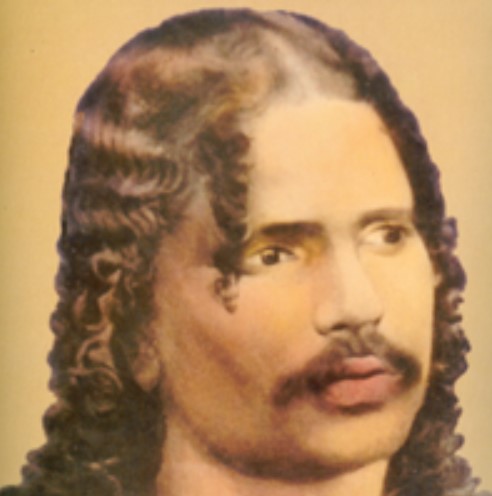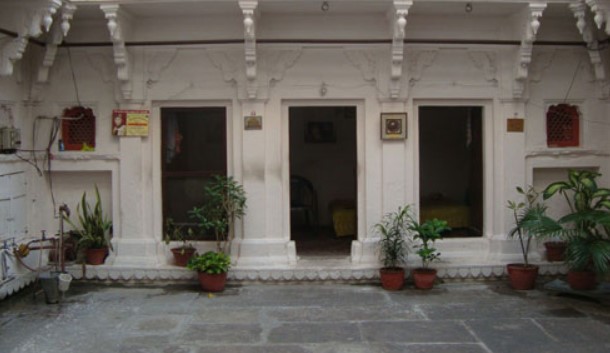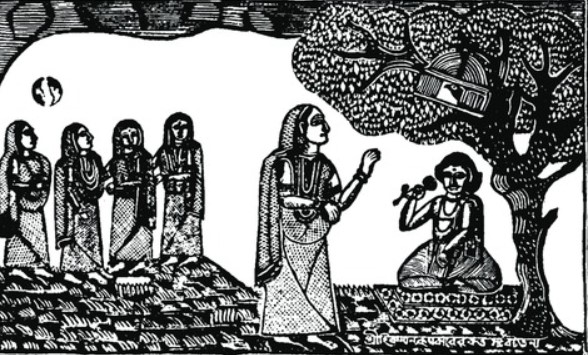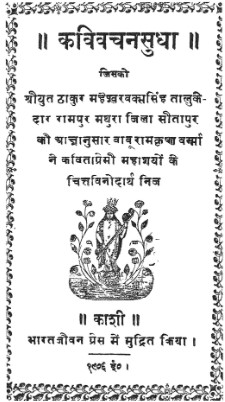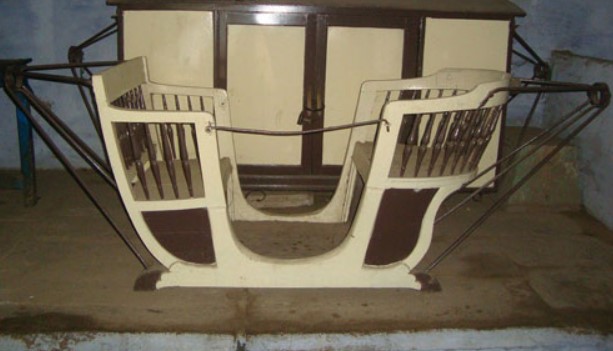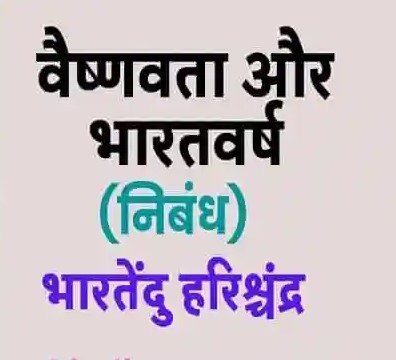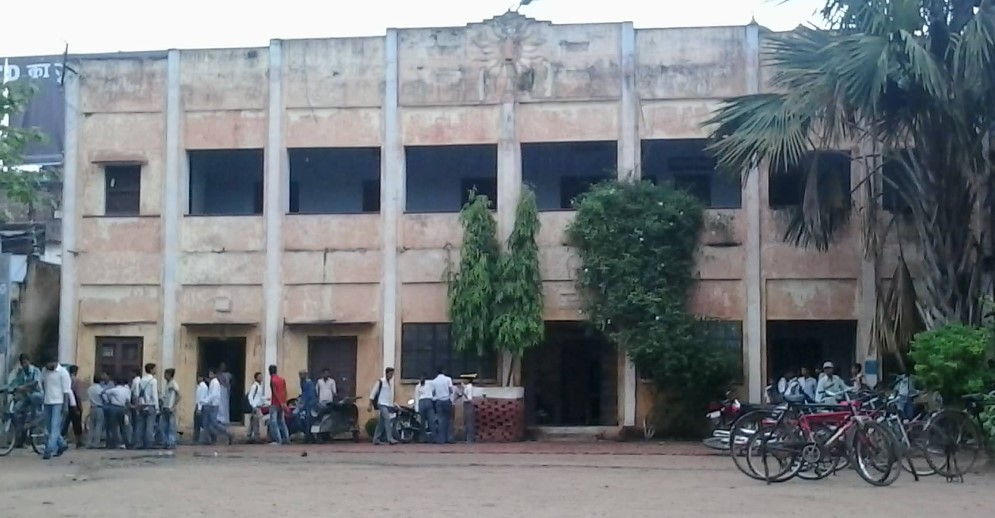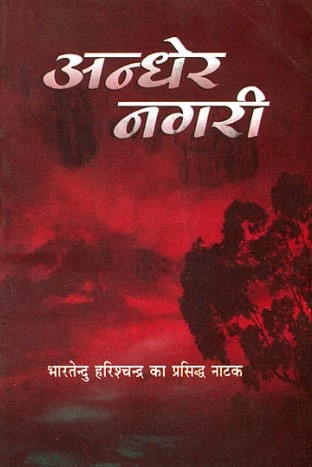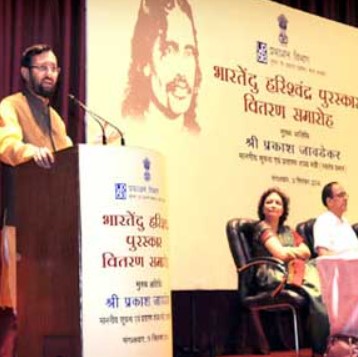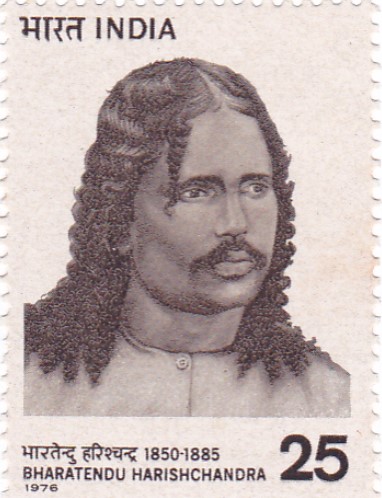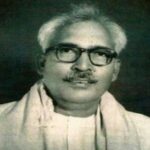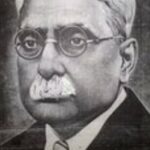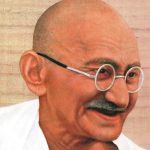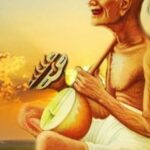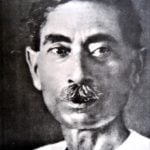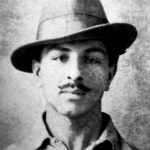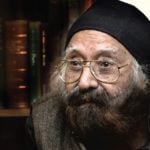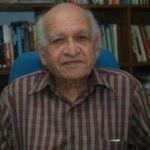Bharatendu Harishchandra Age, Death, Wife, Children, Family, Biography & More
Quick Info→
Age: 34 Years
Father: Babu Gopal Chandra
Hometown: Benares, British India
| Bio/Wiki | |
|---|---|
| Pen names | • Rasa • Girdhar Das [1]Varanasi.org |
| Names Earned | • Bhartendu • Vir Vaishnava [2]Exotic India |
| Professions | Novelist, Poet, and Playwright |
| Known for | Being the father of modern Hindi literature and Hindi theatre |
| Physical Stats & More | |
| Eye Colour | Black |
| Hair Colour | Black |
| Career | |
| Notable Works | Plays • Vaidika Himsa Na Bhavati, 1873 • Satya Harishchandra, 1876 • Bharat Durdasha, 1875 • Niladevi, 1881 • Andher Nagari (अन्धेर नगरी, City of Darkness), 1881 Poetry • Bhakta Sarvagya • Prem Malika (प्रेम मालिका), 1872 • Prem Madhuri (प्रेम माधुरी), 1875 • Prem Tarang (प्रेम तरंग),1877 • Prem Prakalpa (प्रेम प्रकल्प), Prem Phulwari (प्रेम फुलवारी) and Prem Sarowar (प्रेम सरोवर), 1883 • Holi (होली), (1874) • Madhumukul (मधुमुकुल), 1881 • Raga Sangrah (राग संग्रह), 1880 • Varsha Vinod (वर्षा विनोद), 1880 • Vinay Prem Pachasa (विनय प्रेम पचासा), 1881 • Phulon Ka Guchchha (फूलों का गुच्छा), 1882 • Chandravali (चन्द्रावली), 1876 and Krishnacharitra (कृष्णचरित्र), 1883 • Uttarardha Bhaktamal (उत्तरार्द्ध भक्तमाल), 1876–77 Essay • Bharatendu Granthavali (भारतेन्दु ग्रन्थावली), 1885 |
| Translations | • Harsha's Ratnavali (रत्नावली) • Vishakhadatta's Mudrarakshasa (मुद्राराक्षस) • Ramprasad Sen's Vidyasundar (विद्यासुन्दर) from Bengali • Karpuramanjari (कर्पूरमञ्जरी) from Prakrit • Shakespeare's Merchant of Venice as Durlabh Bandhu (दुर्लभ बन्धु) or Invaluable Friend |
| Achievement | 1880: He was bestowed with the title 'Bharatendu' by the Government of India |
| Personal Life | |
| Date of Birth | 9 September 1850 (Monday) |
| Birthplace | Benares, Benares State, British India |
| Date of Death | 6 January 1885 |
| Place of Death | Benares, Benares State, British India |
| Age (at the time of death) | 34 Years |
| Death Cause | Sickness |
| Zodiac sign | Virgo |
| Nationality | British Indian |
| Hometown | Benares, Benares State, British India |
| College/University | The Queen’s College, Varanasi |
| Educational Qualifications [3]First Post | • Persian, Urdu, and Sanskrit languages (early education) • English at the Queen’s College, Varanasi (1862 to 1865) |
| Religion | Hinduism [4]A Concise History of India |
| Caste | Agarwal [5]California Digital Library |
| Relationships & More | |
| Marital Status (at the time of death) | Married |
| Marriage Date | Year, 1863 |
| Family | |
| Wife/Spouse | Name Not Known |
| Children | Granddaughter- Pratibha Agarwal (Hindi writer)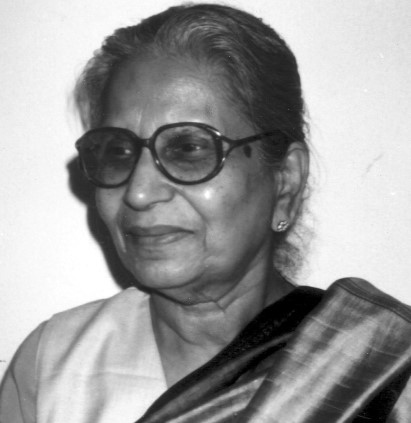 Note: He had a daughter. |
| Parents | Father- Gopal Chandra (poet; died in 1861) Mother- Parvati Devi (died in 1855) |
| Siblings | Brother- Gokulchandra |
Some Lesser Known Facts About Bharatendu Harishchandra
- Bharatendu Harishchandra was a prominent Indian poet, author, and playwright. He wrote various plays, biographical sketches, and travel memoirs and also influenced public opinion through the use of new media including reports, books, letters to editors of books, translations, and literary works. He is often known as the father of Hindi literature and Hindi theatre. He is praised as a ‘Yug Charan’ for his writings that exposed the exploitative nature of the British Raj.
- In 1641, Shah Shuja, the second son of Shah Jahan, became the governor (subedar) of Bengal. One person who accompanied him was Balakrishna, a wealthy Aggarwal financier who saw opportunities in this move. Balakrishna’s grandson, Aminchand, also known as Omichund to the British, became famous for conspiring with Clive to defeat the Nawab of Bengal, Siraj ud-Daulah, in the Battle of Plassey, which led to British rule in India. Aminchand (Bharatendu’s great-great-grandfather) was later betrayed and died feeling defeated.
- After the family’s unfortunate experience, Aminchand’s two sons, Fateh Chand and Harsh Chand, moved to Banaras in 1759. He became a financier to the Maharaja of Banaras and maintained friendly relations with the British, which led to his father’s downfall. By the time of Bharatendu’s grandfather, Harsh Chand and his family had once again become very wealthy. The Maharaja’s treasury was kept in Harsh Chand’s vaults, and he lived a lavish life, parading around the streets with a large number of bodyguards and a martial band. Bharatendu’s father, Gopal Chandra, protected the valuables of the British Residency in 1857.
- Bharatendu Harishchandra was born in this wealthy home. His household had a mix of pleasure-seeking and a strong passion for cultural pursuits, which also influenced Harishchandra as he grew up. His father, Gopal Chandra, was a poet and dramatist known for writing the first modern drama in Hindi called ‘Nahushnatak.’ However, Gopal Chandra had an opium addiction, which led to his early death in 1861. Harishchandra’s mother had passed away earlier, so he was now under the care of his stepmother, who wasn’t very interested in taking care of him.
- When Bhartendu Harishchandra was just five years old, he showed signs of his brilliance by explaining certain verses in Brajbhasha. His education began early, and he learned Persian, Urdu, and Sanskrit with the help of his teachers. One of his teachers, Raja Shivprasad, played a significant role in Harishchandra’s life and his literary works later on.
- Bharatendu had little interest in making or saving money, so he had no difficulty finding ways to spend it. He enjoyed living a lavish and extravagant lifestyle, similar to a wealthy nobleman. In the 1860s, he represented the affluent Vaishya class in Banaras. During that time, the Mughals and Nawabs of Lucknow had left, and the feudal society gave importance to cultural activities like supporting music, poetry, and other arts. For Bharatendu and others in his class, this cultural consumption was both a responsibility, a way of living, and a passion.
- Bhartendu Harishchandra established the Kashi Dharma Sabha in the 1860s with the support of the Maharaja of Benares, as a response to more radical Hindu reformist movements. He used the Vaishnava devotional to create a clear understanding of the Hindu religion. Harishchandra emphasized the importance of image worship and explained Bhakti as devotion to a single god. This was in response to criticisms of Hinduism from Orientalist scholars and Christians.
- Harishchandra Bharatendu seemed to be unaffected by the strict traditional beliefs, especially when it came to language matters. However, as a devoted follower of Vaishnavism, he disagreed with the use of Urdu words in Hindi, which was common in Raja Shiv Prasad Singh’s writing style. Shiv Prasad, who had been Bharatendu’s English teacher in his youth, became his lifelong rival not only regarding language matters but also in seeking favours from the British and the Maharaja of Banaras.
- Harishchandra, writing under the pen name “Rasa,” chose themes that portrayed the sufferings of the people. He focused on topics like poverty, dependency, cruel exploitation, the struggles of the middle class, and the country’s need for progress. He was known as a fearless journalist who challenged the prevailing beliefs of his time and exposed the deceit of religious figures like mahants, pandas, and priests. He was an influential Hindu thinker who used Vaishnava devotional to define a unified Hindu religion.
- Harishchandra Bharatendu’s ancestors were landlords in Bengal. Although his parents passed away when he was young, their influence remained with him. At the age of 15, in 1865, he travelled to the Jagannath temple in Puri, Orissa, with his family. During this trip, he was greatly inspired by the Bengal Renaissance and decided to translate social, historical, and Puranic plays and novels into Hindi. This influence showed in his Hindi translation of the Bengali drama Vidyasundar, which he did three years later, in 1868.
- In 1868, Harishchandra started acting for the first time in the role of Lakshmana in theatre. His performance was mentioned in a newspaper called the Indian Mail and Monthly Register, which was based in London. Soon, he published a translated work called Vidyasundar, originally written in Bengali. During the same year, he established a literary journal called Kavivachansudha. This was a time when he was gaining confidence and finding his place in the literary world.
- The changes and new ideas in Bharatendu’s theatre in Banaras might have been influenced by the Arya Samaj movement. Dayanand Saraswati, a prominent figure in Arya Samaj, visited Banaras in 1869. By 1870, his speeches had inspired Bharatendu to write pamphlets criticizing Dayanand’s beliefs. Initially, Bharatendu disagreed with Dayanand’s religious authority and defended idol worship and traditional practices as a follower of Vallabhism. However, over time, their disagreement seemed to lessen, and Dayanand even contributed to Harishchandra’s Magazine. Many of Dayanand’s ideas on issues like child marriage, treatment of widows, temperance, and education might have been acceptable to Bharatendu.
- In 1870, Harishchandra obtained his share in his ancestral property and become a self-reliant person in the city. He had good connections with the English, so he held enough influence to be appointed as an Honorary Magistrate and Municipal Commissioner.
- Bharatendu showed his loyalty to the British Crown on several occasions. He hosted the visiting Duke of Edinburgh in 1870. He then expressed his sadness publicly when Lord Mayo was assassinated in 1871. He wrote poems for the Prince of Wales during his visit in 1875. He celebrated Queen Victoria’s birthday every year and wrote poetry to commemorate her victory in Egypt in 1882.
- In Bharatendu’s time, his joint family maintained close relations with the Maharaja of Banaras. However, Bharatendu’s role as a moneylender declined as he spent his fortune on literary and cultural activities as well as indulging in pleasure-seeking pursuits. [6]California Digital Library In addition to his formal education, he had romantic relationships with several women in Varanasi, known as ‘tawaifs.’ Some of these women inspired him to write poetry and appreciate the arts. Reportedly, he had two mistresses, Madhavi and Mallika. As time went on, he developed a close bond with one particular tawaif named Mallika, who was a Bengali woman widowed at a young age. She was also a poet and secretly contributed to his journals, as well as helped with editing and translating Bengali writings. Mallika’s influence played a significant role in shaping his literary life. [7]First Post
- He often had conflicts with local British officials, and in 1880, he was banned, probably because of some offensive editorials he had written. As his career progressed, his writings focused more on the economic problems faced by India, particularly the loss of money due to British policies and the import of manufactured goods. He supported the Swadeshi movement, believing that copying English fashion and social behaviour would not only lead to moral decay but also cause economic downfall for India.
- Later, Harishchandra edited several magazines including Kavi Vachan Sudha, Harishchandra Magazine, Harishchandra Patrika, and Bal Vodhini. He began using the pen name “Girdhar Das.” Ram Vilas Sharma describes the literary awakening that occurred under Bharatendu’s guidance as the “second phase of the revival of Hindi literature,” the first phase being the Indian Rebellion of 1857.
- Despite Urdu being widely used as the common language in North India since the 18th Century, Harishchandra strongly advocated for the revival of Hindi as part of his cultural and nationalist activities. He not only promoted the use of Indian-made products (Swadeshi articles) but also called for replacing Urdu with Hindi in courts and banning cow slaughter. Harishchandra persisted in his efforts to ban cow slaughter and presented a petition with 60,000 signatures to Lord Lytton at the Delhi Durbar on behalf of the Maharaja of Benares. Although the ban was not implemented, he was honoured with the title “Vir Vaishnava” for his dedication and commitment to the cause.
- In 1866, Bhartendu Harishchandra founded the ‘Harishchandra Intermediate College’ in Varanasi.
- In 1880, scholars of Kashi honoured him with the title “Bharatendu” during a social gathering to bring him fame and recognition for his achievements. In 1881, he scripted the theatre play Andher Nagri, which is one of his popular writings.
- The Bharatendu Harishchandra Award is presented annually by the “Ministry of Information and Broadcasting” to promote the development of the Hindi language in the country. Since 1983, this award has been recognizing contributions to the Hindi language and literature.
- Later, his granddaughter, Pratibha Agarwal, established the Anamika theatre group in Kolkata.
- Modern historians Barbara and Thomas R. Metcalf later described ‘Bharatendu Harishchandra’ as a strong Hindu traditionalist in North India in one of their writings. According to them, Harishchandra believed in keeping the traditional customs alive while also being aware and engaged with the modern world. He didn’t agree with the influence of Western-educated individuals on Hindu religious matters and suggested that these matters should be handled by traditionally educated Hindu scholars. Bharatendu used new forms of media, particularly publications, to influence public opinion. Through this, he played a significant role in shaping modern forms of the Hindi language.
- In 1976, the Government of India issues a postal stamp in his honour for his contributions to the Hindi literature.
References/Sources:

